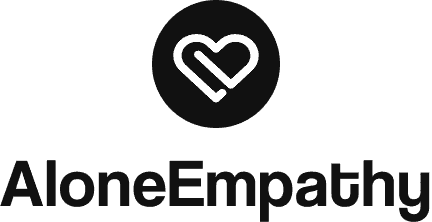No products in the cart.
Return To ShopiERA Begins Construction of Masjid Hannah in Malawi
iERA’s vision is based on the Prophetic Mission; a world reconnected to God. iERA’s main strategic focus to fulfil this vision is the development of duaat (operationally known as outreach specialists or coordinators).The rationale behind this strategy is that with duaat come the necessary activities, products and projects that will facilitate the peaceful and compassionate message of Islam to enter every home. From this point of view, duaat are agents of positive change. iERA’s methodology to ensure the development of duaat is to educate and empower them to convey Islam with compassion and reason. This includes knowledge on how to welcome and empower new Muslims so they can positively contribute to society.
In November 2017, iERA’s Founder Abdurraheem Green, and Global Outreach Manager Salahuddin Patel travelled to Malawi to provide training for iERA’s Outreach Specialist for Africa, Sheikh Ahmed Chienda and facilitate outreach activities in various Malawian villages. A few weeks prior to this trip Ahmed and his associate, Mohamed Kamel Eweis (African Relief), built a water pump in a village called Owndi in Lirangwe. This gave him the opportunity to share the message of Islam. As a result, many people embraced Islam. With iERA’s recent trip more people embraced Islam. The total number of new Muslims is now approximately 70.
Regarding new Muslim development, iERA’s main strategy is to train duaat to support the development and empowerment of new Muslims. However, the assumption behind this strategy is that the new Muslims will be Western. Typically in Western societies new Muslims tend to live in less communitarian societies than the new Muslims in African nations. Communitarian communities seem to identify the individual as an entity linked to social obligations and attachments. This context requires that iERA shifts its strategy on new Muslims for Africa. In a communitarian and tribal context of Malawian villages, developing duaat so they can educate and empower new Muslims may not be adequate to fulfil the goals of maintaining an individual’s imaan (faith). What is required is a localised, community-centric approach. The development of new Muslims should be done via people and institutions that are perceived as influential and part of village community life.
Malawi is a unique country with its own challenges. There’s a massive missionary movement in Malawi. The Christian missionaries build Churches and provide humanitarian support. This occurs within the backdrop of a communal and tribal atmosphere, unlike what happens in the West. In this context. the new Muslims will require immediate development and empowerment. Additionally, in the context of missionary activity and communitarian social pressure, they will need to acquire tools to be able to convey Islam with compassion and reason.
As a result of discussions on the ground with Abdurraheem Green, the decision was made to build a mosque (that will be used for multiple purposes) in the village and hire an imaam/educator for the development and empowerment of new Muslims. This is in line with our strategic focus on developing duaat, because, in the climate of intense missionary work, new Muslims inevitably become the duaat.
The mosque project will be managed by Sheikh Ahmed Chienda who is iERA’s full-time international outreach specialist in Malawi. He has a very close relationship with the village. The NGO iERA will use to build the mosque is the well known and respected, African Relief.
This will be iERA’s first mosque and we have decided to call it Masjid Hannah. A Jewish, Christian and Muslim female name that means affection and love. And this is exactly what we want the project to achieve.


